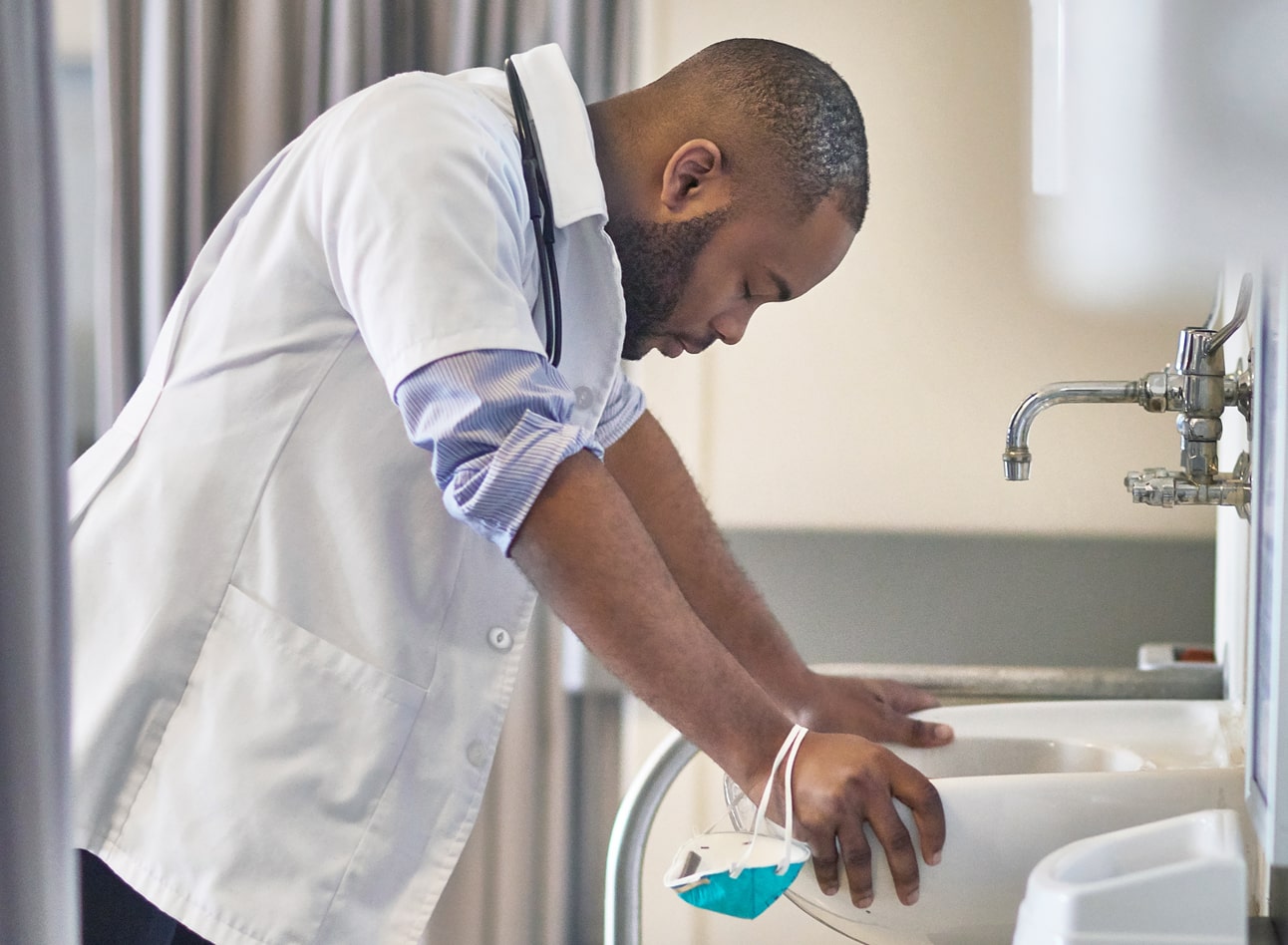
As the world grinds to a standstill and most of the population retreat indoors, there is one topic impossible to avoid right now: the coronavirus. Although these behavioural changes are obvious, the recent pandemic is also likely to have a detrimental effect on our mental health.
So how is our current situation likely to impact our emotional wellbeing and what can be done to mitigate the damage?
During the outbreak
There have already been reports in the media on how the ever-present conversation around the coronavirus has the potential to exacerbate existing mental health conditions.
The constant influx of information everywhere you turn, combined with the uncertainty of what the future holds and an inability to act on the situation is the perfect storm for those who experience anxiety. 1 Whereas sufferers of obsessive-compulsive disorder are reporting relapses in control with the instructions to repeatedly wash their hands conflicting with their existing coping mechanisms. 2
With many already forced to self-isolate, with no concrete end date in sight, our collective mental health is predicted to worsen. 3 Luckily, this is one aspect of the situation that we can pre-emptively act on.
Recently, the World Health Organisation released the following guidance for looking after your mental wellbeing in times of crisis, with tips including 4 :
Set aside specific times to check the news – constantly checking social media and news outlets can feed upon existing anxiety, build a specific time in to your day to stay updated and stick to it
Amplify the positive – brighten the conversation by sharing uplifting aspects of the situation, from stories of recovery to those helping others
Create new routines – a staple of mental healthcare, routines provide structure and consistency in uncertain situations
Stay social – even without meeting in person, connections can be maintained through phone-calls and messaging
Look after yourself – although more difficult if socially isolating, eating well, exercising and maintaining a regular sleep schedule all help to keep us feeling positive and on top of things
A lasting impact?
The main thing on most people’s minds right now is the day the restrictions will be lifted. When we’ve weathered the worst of the storm and daily life returns to normal. But unfortunately, with the ultimate death toll of the pandemic estimated to be significant, not everyone will be able to readjust so easily.
As Boris Johnson was quoted saying, many will lose loved ones unexpectedly and before their time, whilst others will survive the illness but still have gone through a terrifying experience.
Perhaps the most affected of all will be the healthcare workers. Those on the front-line while everyone else is safe at home, making life and death decisions and witnessing the worst of the virus’ effects.
As a society, we need to make sure that when this is all over, access to support is available to all that may need it. With face to face counselling services in the UK already experiencing capacity issues long before this all started, this could be challenging.
Online resources, such as the NHS Recovery College Online that IGNIFI recently collaborated with, were set up with just this type of scenario in mind and will therefore be vital in treating a population that has experienced trauma en masse.
The expansion and development of online clear, informative and reputable resources should therefore be considered a priority in the wellbeing of society going forward.
Here are many aspects of this pandemic that we may feel helpless against, but luckily protecting our collective mental health is something that we can act on.
For more content on men’s health, digital healthcare, marketing best practice and much more, keep an eye on our blog.








